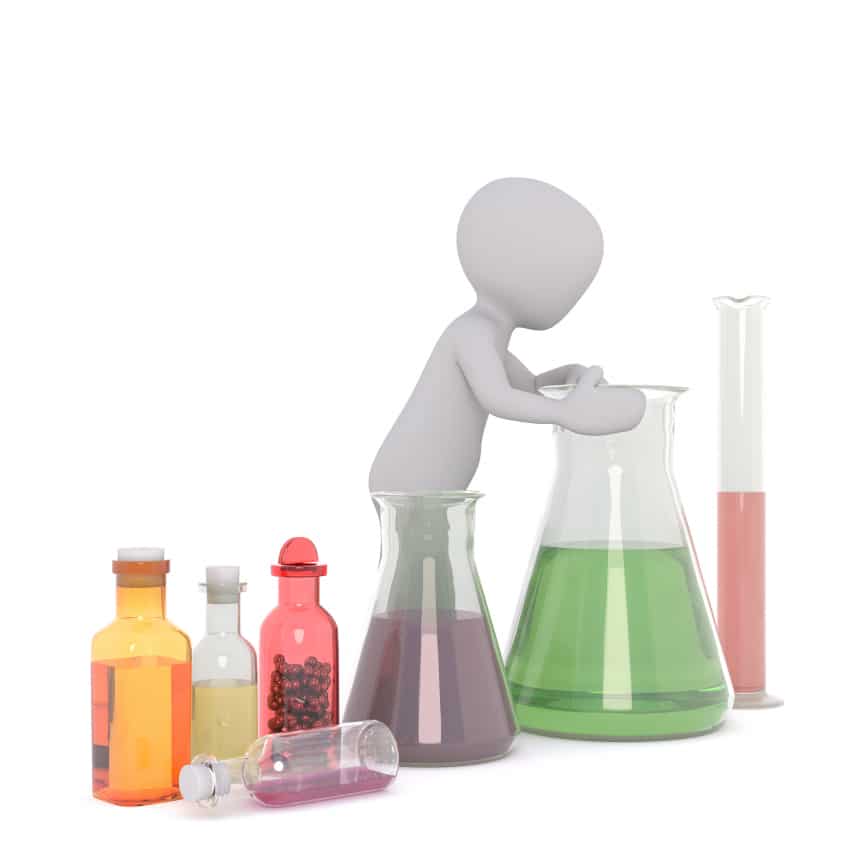
Walking down the Arts Tunnel to the chemistry building is a regular trek for me, and even on the busiest or most mundane of days, something manages to catch my attention.
This week, around the corner, I heard a familiar voice say, “chemistry is an experimental science, without seeing the experiment…” Before the sentence could be finished, I was out of earshot, but I didn’t need to be there for the whole conversation to understand the gist of it.
Like my fellow science and engineering students can probably guess, that sentence hinted at a bigger,
all-consuming, unforgettable experience. Yes, my friends, it’s time to talk about labs.
Since the start of my undergrad, I’ve had at least two labs per semester, sometimes even three. From solving coding problems at 8:30 a.m. on Monday mornings to building pulley systems in physics labs on Wednesday afternoons, to spending Friday evenings in chemistry labs. They are a significant part of my educational journey.
Labs are important, especially in the science, technology, engineering and math fields. Along with being a major learning experience, they also fuel wonder and drive curiosity. I will never forget the first time I saw a cancer cell under a microscope and realized the full scale of the disease. Labs help us put complex theoretical information into perspective.
Yet I’m also aware that the mere mention of labs brings up anxiety, dread or dislike. And thus is the dilemma of a science student. However, we need to keep in mind that they are crucial to learning. So how do we reconcile this?
I find that the unpleasant feelings about labs revolve around the uncertainty of experiments. This uncertainty stems from a multitude of factors: what are we doing, what is the theory behind it, how does this make sense and how will this affect my grade.
Like some experimental variables, not all of these uncertainties can be managed effectively.
The most practical lesson I’ve learnt about labs is to treat it like a class. Yes, for some of us it’s hard to do that because it means that we are taking two to three more classes on top of an already overloaded class schedule.
But if you really think about it, three hours in one afternoon is equivalent to three one-hour weekly lectures or two 1.5 hours worth of class. So if we put the equivalent effort of a class into our labs, it might ease the stress. It all comes back to a student’s mindset. If university is truly about learning, what better opportunity to maximize it than a lab?
The skills learned in the lab are so important because it enhances your learning, giving you skills and experiences you need now and in the future. I know my physics lab and the preparation sessions were the best used three hours per week of my first year. But it is a series of experiences that remind us that the knowledge learned in the class does not start, stay or end there. We have the chance to contribute to the extension of that knowledge.
We should go into the labs with a sense of wonder and curiosity and not a sense of dread. Perhaps we could view the labs like a child views the world?
Last week, a five year old picked up a USB off my desk and asked me what it was. I explained to him that this was a storage device for photos, documents, videos and the like. He looked down at the stick and back at me, eyes wide as he processed this information.
It was then that I realized he was experiencing the joy, confusion and questions that comes from discovery. Our everyday lives are an experimentation in the real world, full of a plethora of lessons, learned through some interesting experiences.
What if we took that same approach of discovery to our labs each week?
—
Vaidehee Lanke
Graphic: Peggy Marco/ Pixabay
Leave a Reply